Do Cats Poop or Pee When They Are Scared or Stressed?
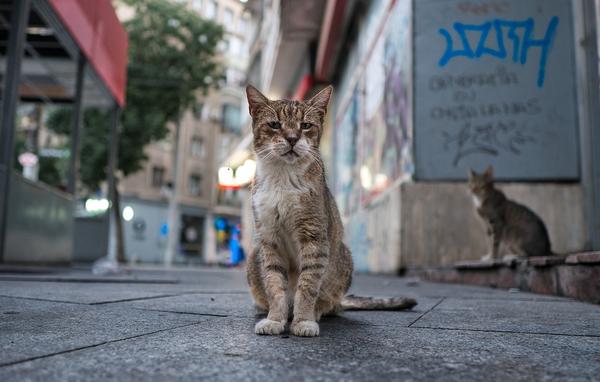
Feeling anxious about your feline friend?
Wondering if they leave more than just a hairball behind when they're scared or stressed?
Don't worry, you're not alone in pondering this peculiar predicament.
Imagine this:
You're lying in bed, wide awake at 3am, heart racing with curiosity.
What if I told you there's an answer to these burning questions? 🤔
Buckle up, my friend, because today we're diving deep into the mystery of cats and their bodily reactions.
Let the investigation begin!
Do Cats Poop When Stressed?
Cats may defecate when feeling fearful or anxious, resulting in increased bowel movements or even loose stool. This stress-induced behavior is due to physiological changes that can lead to a loss of bowel control. If your cat consistently defecates outside the litter box, consult a veterinarian.
When cats feel fearful or anxious, they often defecate as a response to stress.
Fear or stress in cats can cause an increase in their bowel movements.
In fact, it can even lead to loose stool or diarrhea, which is definitely not the ideal situation when it comes to cleaning up after them, right?
The reason behind this behavior lies in the physiological changes that occur in cats during times of fear or stress.
These changes may include a loss of control over their bowels.
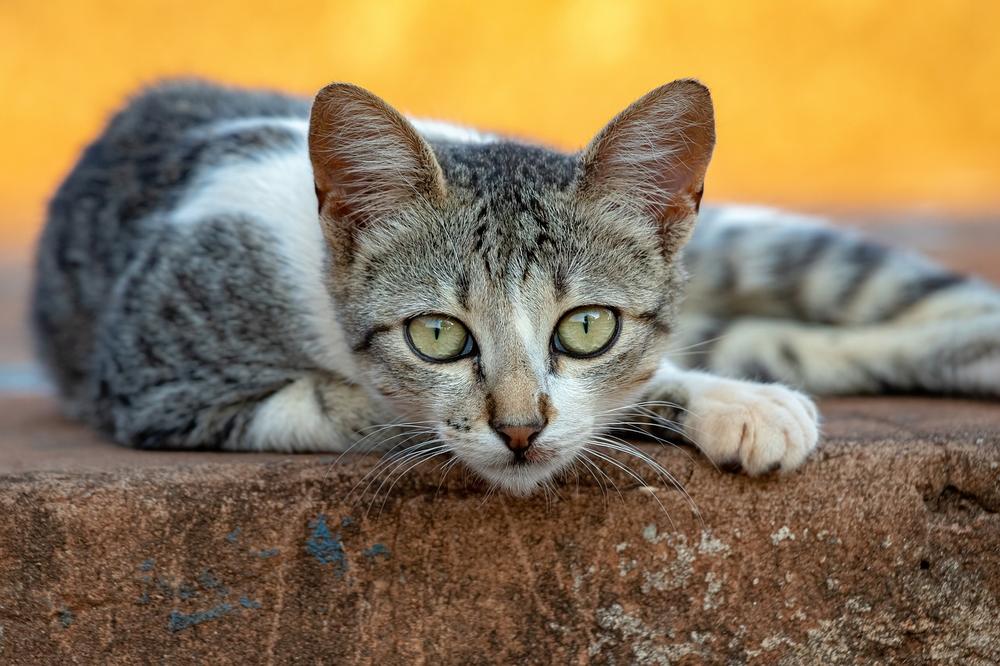
It's somewhat similar to how skunks employ their smelly spray as a defense mechanism, except in cats' case, they have a reflex that involuntarily prompts them to defecate.
Yes, you heard that right: cats literally frighten themselves to the point of having bowel movements!
This fear response not only affects their digestive system but also impacts their bladder.
The presence of stress hormones in their bodies can lead to diarrhea or, as you may have guessed, defecating outside the litter box.
However, my friend, you must note that if your cat continues to defecate outside the litter box even when they're not scared or stressed, there could be an underlying issue involved.
Therefore, you should pay attention to your furry companion's behavior and seek guidance from a veterinarian if necessary.
Main points I'll expand upon further down this article:
- Female cats in heat may pee in inappropriate places due to hormonal changes.
- Cats may pee to establish new territories when scared or concerned.
- Cats may demonstrate submission during conflicts by peeing.
- Cat behaviors in response to fear or stress can vary widely.
- Physiological changes during stress can lead to involuntary elimination.
- Triggers of fear can include loud noises, unfamiliar animals/people, sudden movements, and changes in environment.
- Common causes of stress in cats are separation anxiety, unfamiliar environments, health issues, changes in routine, and fear of unfamiliar things.
- Creating a calm and safe environment can help prevent fear-induced pooping.
- Providing alone time and maintaining a consistent routine can reduce stress levels.
- Seeking help from an animal behaviorist or using calming aids like pheromone diffusers is recommended if signs of fear persist.
But did you know that stress or fear can also impact a cat's urinary habits?
Let me tell you why!
Do Cats Pee When Scared?
Fear or anxiety can cause an increase in bladder contractions, resulting in frequent urination or accidents outside of the litter box.
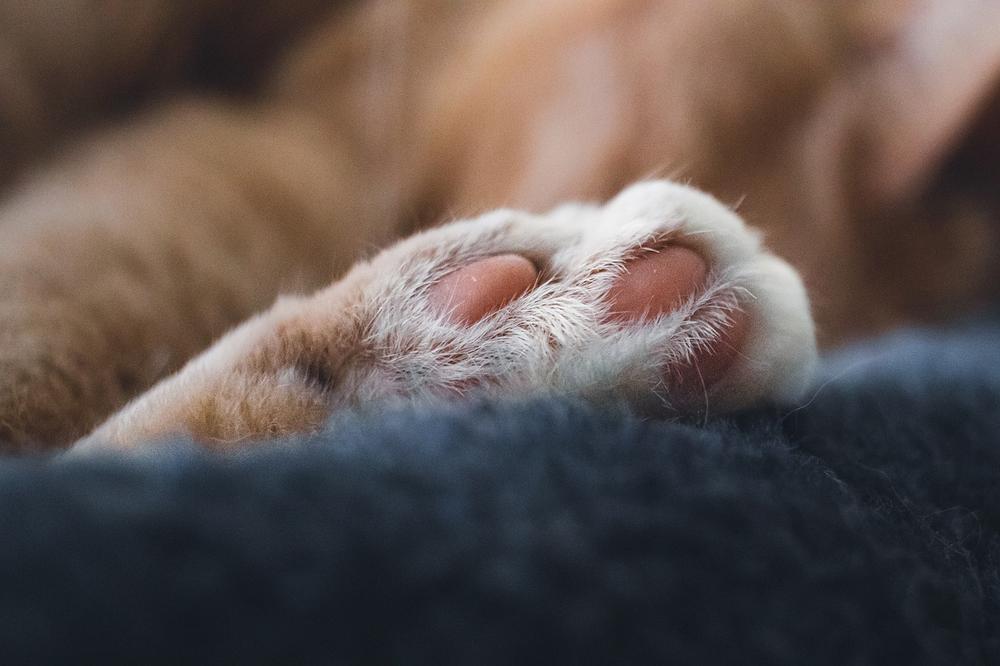
Female cats in heat may also be more prone to urinating in inappropriate places due to hormonal changes and pressure. In addition, when feeling scared or concerned, cats may urinate to establish new territories or demonstrate submission during conflicts.
These behaviors are influenced by both fear/anxiety and hormonal changes in female cats, illustrating the intricate connection between emotions and biological factors affecting urinary habits in felines.
How Do Cats React When Scared or Stressed?
When cats are scared or stressed, they display displacement behaviors like excessive licking, spraying, hiding, or darting away. Their body language changes, with flattened ears and a lowered body to appear smaller. Stress can also cause involuntary eliminations and chemical reactions in their bodies.
Cats, oh cats!
When you get scared or stressed, us furry little creatures sure do have some interesting ways of showing it.
And let me tell you, some of them might surprise you.
Let's begin with displacement behaviors.
When we're scared, one thing we may do is lick ourselves excessively.
Why?
Because when we lick, our brain releases endorphins that help us feel temporarily calm.
Kinda like how chocolate makes you feel better after a rough day...
It's our version of that.
But licking isn't the only thing you'll witness.
We might also spray, hide, dart away, or even leave poop behind if we're really frightened.
Consider it our way of saying, "Get me outta here..."
In our own unique way.
You might also notice changes in our body language.
We might flatten our ears, tuck our chin, lower our body, or cower to make ourselves appear smaller.
It's our instinct coming into play, telling us to be as invisible as possible.
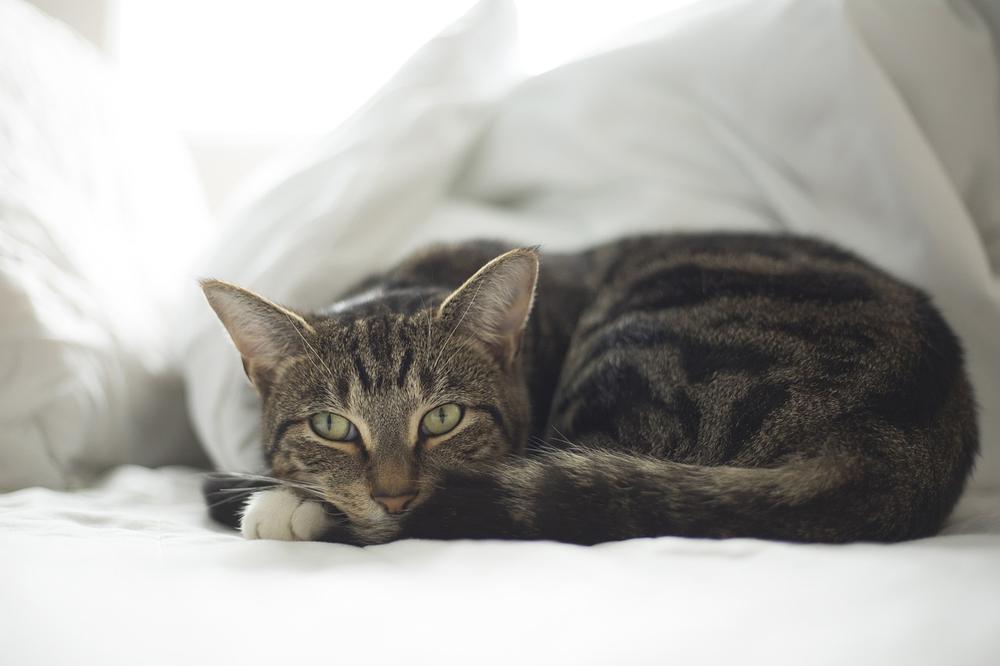
Now, let's talk about those involuntary eliminations.
Stress can mess with our digestive system, causing contractions in our stomach muscles and loss of control over our bowels.
Boom - sudden poop or pee outside the litter box.
It's not something we can control, poor kitties.
Oh, and did I mention hormones?
Yeah, adrenaline, cortisol, and osteocalcin can all influence how we react when scared or stressed.
Those chemical reactions happening inside our bodies can trigger all sorts of wild behavior.
So, what causes this fear and stress in us cats?
Think about anything that could frazzle our nerves.
Loud noises, strange animals or people, sudden movements, and even changes in our environment can send us into panic mode.
Separation anxiety, new surroundings, health problems, alterations in routine, and fear of unfamiliar things are all common stressors for cats.
We go through the same kind of anxieties as you do, poor things.
So, the next time you notice your feline friend acting a bit off-kilter, just remember, we're just like you when life becomes overwhelming. 😺
And if you're wondering about that funny tail-slapping behavior, well, I've got you covered.
Find out why cats slap you with their tails in my helpful guide on Why Does My Cat Slap Me With His Tail.
I delve into the reasons behind this playful (or is it?) gesture and give you all the information you need to understand your feline friend's unique way of communication.
So if you're curious, be sure to check it out!
How Can Cat Owners Help Their Pets Avoid Fear-Induced Pooping?
To help your cat avoid fear-induced pooping, here are 10 effective strategies:
- Provide vertical spaces like shelves or cat trees for an escape route.
- Create a calm and safe environment for your cat.
- Allow alone time and maintain a consistent routine during stressful periods.
- Establish hiding places and outlets for stress relief.
- Set up a safe space with litter boxes and food.
- Use pheromone diffusers to provide comfort.
- Avoid punishment and allow cats to acclimatize at their own pace.
- Repeatedly expose cats to fears to desensitize them.
- Seek help from an animal behaviorist if signs of fear persist.
- Rule out medical issues through veterinary checks.
Reducing stress levels for cats involves creating a safe environment, gradual introduction to new places, regular exercise, and proper veterinary care.
To help your cat avoid fear-induced pooping, here are 10 effective strategies.
However, if you're like me and wondering about how cats interpret our expressions of affection, such as kisses, look no further! If you're curious to know if cats understand kisses as expressions of love, I highly recommend checking out Do Cats Understand Kisses.
This article dives deep into the subject, providing valuable insights without making assumptions.
What Part Does Pooping Play in Predator Evasion?
When it comes to cats and dodging predators, some have a truly fascinating strategy.
You've heard about animals blending in or using their physical skills for protection.
But did you know that cats can deploy poop as a defense maneuver?
Yeah, I'm not kidding!
When danger looms, cats might purposely let loose both their bladder and bowels to safeguard themselves.
And trust me, it's no accident.
They do this on purpose to make themselves totally unappetizing to would-be attackers.
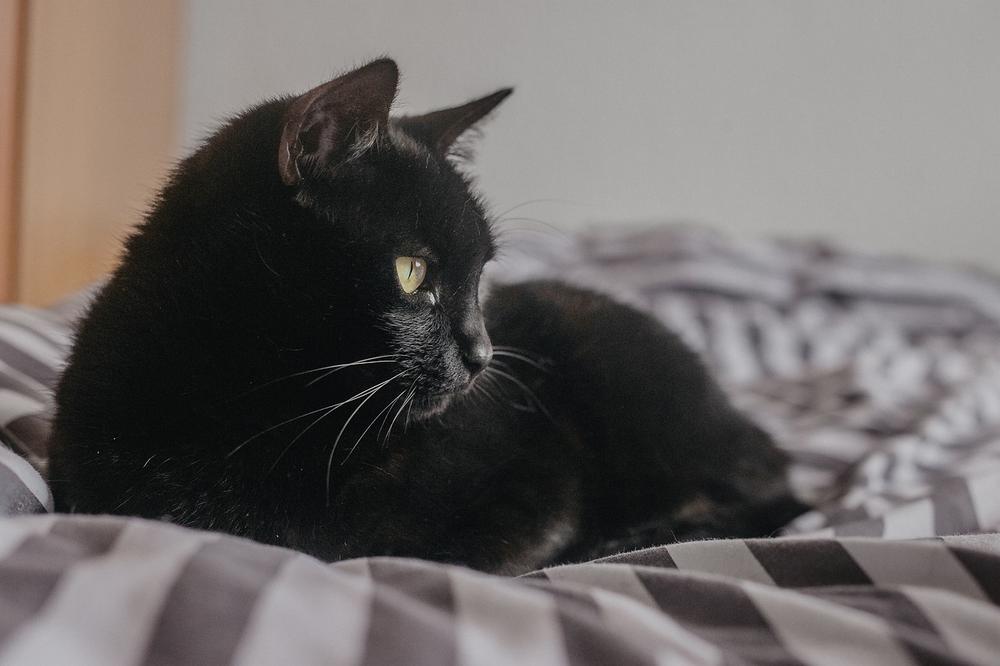
Who wants to devour something smothered in feces anyway?
Here's the deal:
Cats possess these special sacs around their anus that contain bacteria and chemicals that repel other creatures.
So when faced with peril, they take a dump as a way to create a barrier of harsh scents that serve as a crystal-clear warning:
Keep your distance!
This behavior not only lightens their load (making them more nimble) but also serves as an effective deterrent.
It's like they're saying, "Hey, Mr. Predator, breathe in this stench and reconsider!"
Sure, we humans might find it odd, but animals have their own extraordinary methods of survival.
When it comes to cats and their excrement, it's all about staying alive! 😲
And that wraps up today's article.
If you wish to read more of my useful articles, I recommend you check out some of these: Cats Purr While Eating, Are Cats Scared of Thunder, Why Does My Cat Bite My Face, Do Cats Sleep More in Winter, and What Does the Position of Your Cats Whiskers Mean
Talk soon,
-Sarah Davis